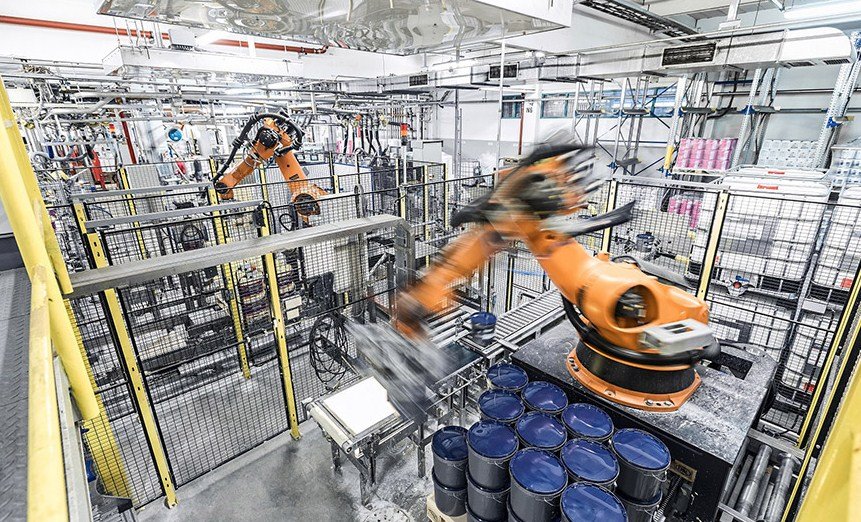The kitchen is one of the most important spaces in a home, where people cook, eat, socialize, and relax. Therefore, it is essential to have a kitchen that is functional, comfortable, and aesthetically pleasing. However, designing and building a kitchen is not an easy task, as it involves many challenges and complexities. One of the key factors that can make a difference in kitchen construction is the use of adhesive technologies.
What are Adhesive Technologies?
Adhesive technologies are the methods and materials used to bond different surfaces or components together. They can be classified into different types, such as hot melt, water-based, solvent-based, reactive, pressure sensitive, and others. Each type of adhesive has its own advantages and disadvantages, depending on the application and the requirements.
Adhesive technologies are widely used in various industries, such as aerospace, automotive, electronics, packaging, medical, and more. They can provide benefits such as improved performance, durability, reliability, cost-effectiveness, and sustainability. In the context of kitchen construction, adhesive technologies can help to create innovative designs, optimize space, enhance functionality, and reduce environmental impact.
How are Adhesive Technologies Used in Kitchen Construction?
Adhesive technologies can be used in various aspects of kitchen construction, such as:
- Cabinets and Countertops: Adhesives can be used to bond different materials, such as wood, metal, plastic, laminate, stone, and glass, to create cabinets and countertops that are strong, durable, and resistant to moisture, heat, and stains. Adhesives can also enable seamless joints, smooth surfaces, and customized shapes and sizes.
- Flooring and Wall Panels: Adhesives can be used to install flooring and wall panels that are made of materials such as vinyl, ceramic, wood, or cork. Adhesives can ensure a secure and stable installation, as well as a smooth and uniform appearance. Adhesives can also reduce the need for nails, screws, or other fasteners, which can damage the substrate or create gaps and cracks.
- Appliances and Fixtures: Adhesives can be used to attach appliances and fixtures, such as sinks, faucets, ovens, refrigerators, dishwashers, and more, to the cabinets, countertops, or walls. Adhesives can provide a strong and durable bond, as well as a clean and neat finish. Adhesives can also reduce the weight and noise of the appliances and fixtures, as well as the energy consumption and maintenance costs.
What are the Benefits of Adhesive Technologies for Kitchen Construction?
Adhesive technologies can offer many benefits for kitchen construction, such as:
- Innovation: Adhesive technologies can enable the creation of new and innovative designs, materials, and solutions for kitchen construction. For example, adhesives can allow the use of lightweight, flexible, and transparent materials, such as glass, acrylic, or polycarbonate, to create modern and minimalist kitchens. Adhesives can also enable the integration of smart and digital features, such as sensors, displays, or lighting, to create interactive and intelligent kitchens.
- Optimization: Adhesive technologies can help to optimize the space, functionality, and efficiency of the kitchen. For example, adhesives can allow the installation of cabinets and countertops that are customized to fit the available space and the user’s needs. Adhesives can also enable the installation of appliances and fixtures that are compact, multifunctional, and energy-saving, to improve the convenience and performance of the kitchen.
- Sustainability: Adhesive technologies can contribute to the sustainability and environmental friendliness of the kitchen. For example, adhesives can reduce the use of materials, resources, and energy, as well as the generation of waste and emissions, in the kitchen construction process. Adhesives can also facilitate the recycling and reuse of materials, components, and products, as well as the repair and maintenance of the kitchen.
Adhesive technologies are a key factor for kitchen construction innovation, as they can provide many benefits, such as innovation, optimization, and sustainability. Adhesive technologies can enable the creation of kitchens that are functional, comfortable, and aesthetically pleasing, as well as environmentally friendly and cost-effective. Therefore, adhesive technologies are essential for the future of kitchen construction.

